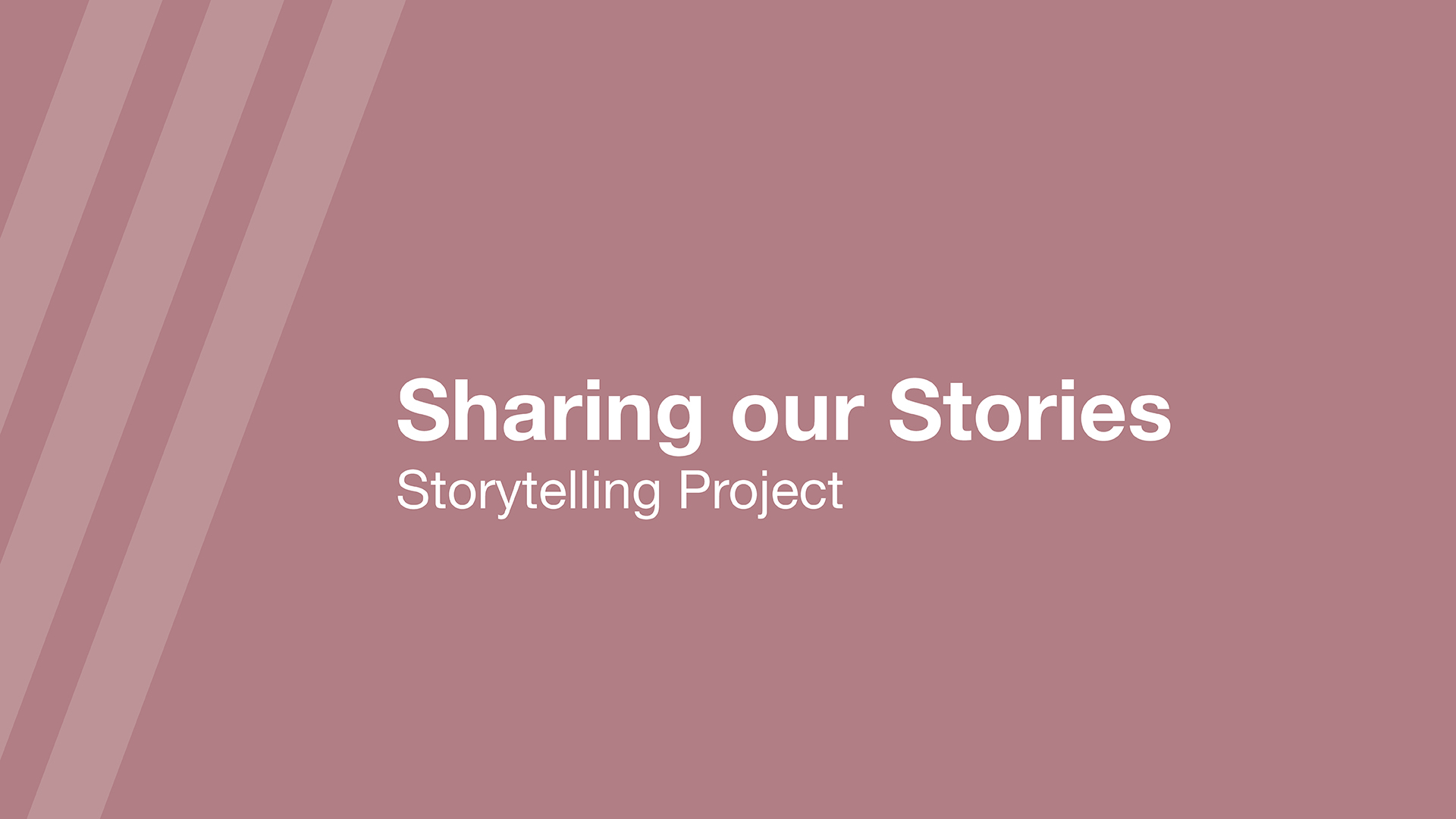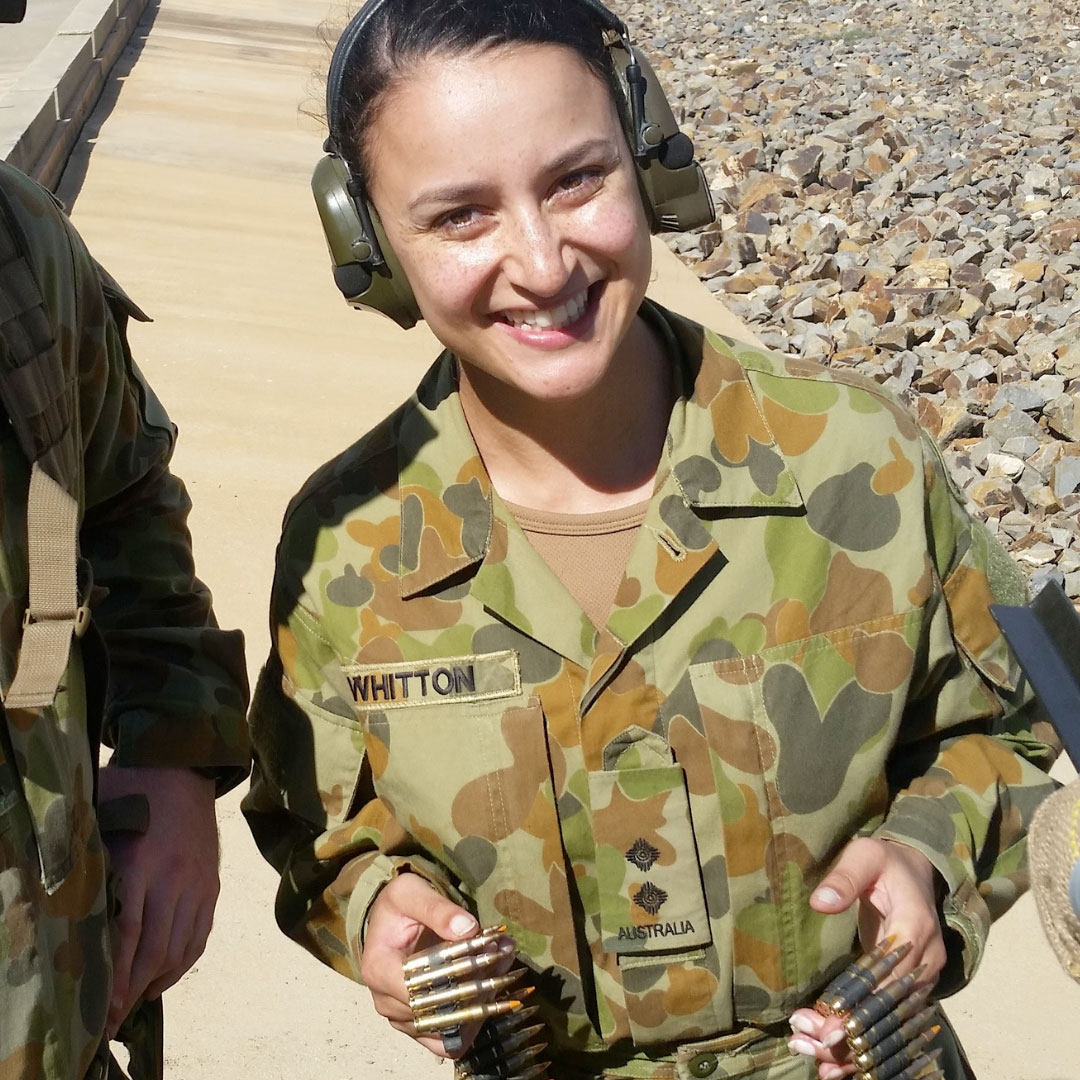Mar 2021
Larissa Whitton
As someone who thrives on the pursuit of doing the best she can, when Larissa Whitton puts her mind to something, she does everything in her power to succeed.
Graduating in 2011, Ms Whitton was fast-tracked to join the Australian Defence Force (ADF) right out of high school and took full advantage of the educational opportunities available during her time in the Australian Army.
“I went to at a really competitive all-girls high school in Melbourne so there was never a time when we were told there was nothing we couldn’t do if we put our minds to it,” Ms Whitton said.
“University after high school was always the plan for me but I knew I wanted to do something different and when I found out about the Australian Defence Force Academy, I knew that was where I wanted to go.
“I wanted to be pushed to my physical and mental limits and help others while still getting a university education and this seemed like the perfect blend.”
Ms Whitton said that while the process of enlisting was relatively easy the reality of what she was signing up for didn’t hit her until she started training.
“For me going through all the recruitment stages was really easy and at each step it felt right so I went into year 12 knowing I had already been accepted which was a huge relief in my final year of school,” she said.
“I grew up with girls who were incredibly passionate, and who we were all striving to be the best so when I first enlisted in the Army the heavily masculine environment was a big culture shock.”
Over her career in the Army, which saw her rise to the rank of Captain, Ms Whitton said she is most thankful for the educational opportunities she received despite always being in the minority as a female.
“I was able to study politics and political philosophy and graduated with distinction which was a great achievement.
“I was then selected to take part in the Chief of Army Honours Program to further my education. I wrote my thesis on whether parliamentary debate should occur before troops are deployed into warlike operations, which I found to be a fascinating topic. I was also able to start a master’s degree in my own time during my posting to Adelaide in 2019.
“But what I found most disappointing though probably not as surprising as I should have been the lack of females at all levels of leadership. Having grown up being told I could do anything it was something that I struggled with and throughout my career I made sure I went out of my way to support other young women.
One of the final roles Ms Whitton held before she left the Army was at the Army School of Health at Wodonga on the New South Wales – Victorian border which meant she played a key role in organising logistics and personnel at the height of the Covid border lockdown during 2020.
“For me this role was particularly exciting because it was the first time men and women were represented in equal numbers – there is a large amount of women going through medic training, and they also make up the majority of the Royal Australian Army Nursing Corps,” she said.
“The Army School of Health is where all Army, Air Force and Navy medics are trained, and it was incredible being able to support such passionate and dedicated people who are committing their entire lives solely to helping others.
“It was really special to be just a small part of that training unit and looking back we were able to ensure all the trainee medics were able to complete their training despite all the restrictions and problems that covid was presenting.”
As Ms Whitton now embarks on a life outside of the Army, she says finding an identity separate to her Army career is a process she is still working through.
“For so long I was driven to be the best I could be and now that I have left the ADF finding that again outside of school or the Army is a challenge I don’t think I quite appreciated before I left.
“Lots of people have an idea of what a veteran or someone who has had military experience looks like but for someone like me most of my military career was spent behind a computer.
“Joining the military especially in peace time means that for some people who join they don’t necessarily deploy overseas and for some there is a shame and stigma around that.
“But I am grateful for the educational opportunities I was able to access during my career and moving forward I hope they will support me as I explore what I do next.”
Ms Whitton’s story is part of an ongoing story telling series by Veterans SA. To read more stories of how those with military experience living in South Australia are contributing to our community click here.




